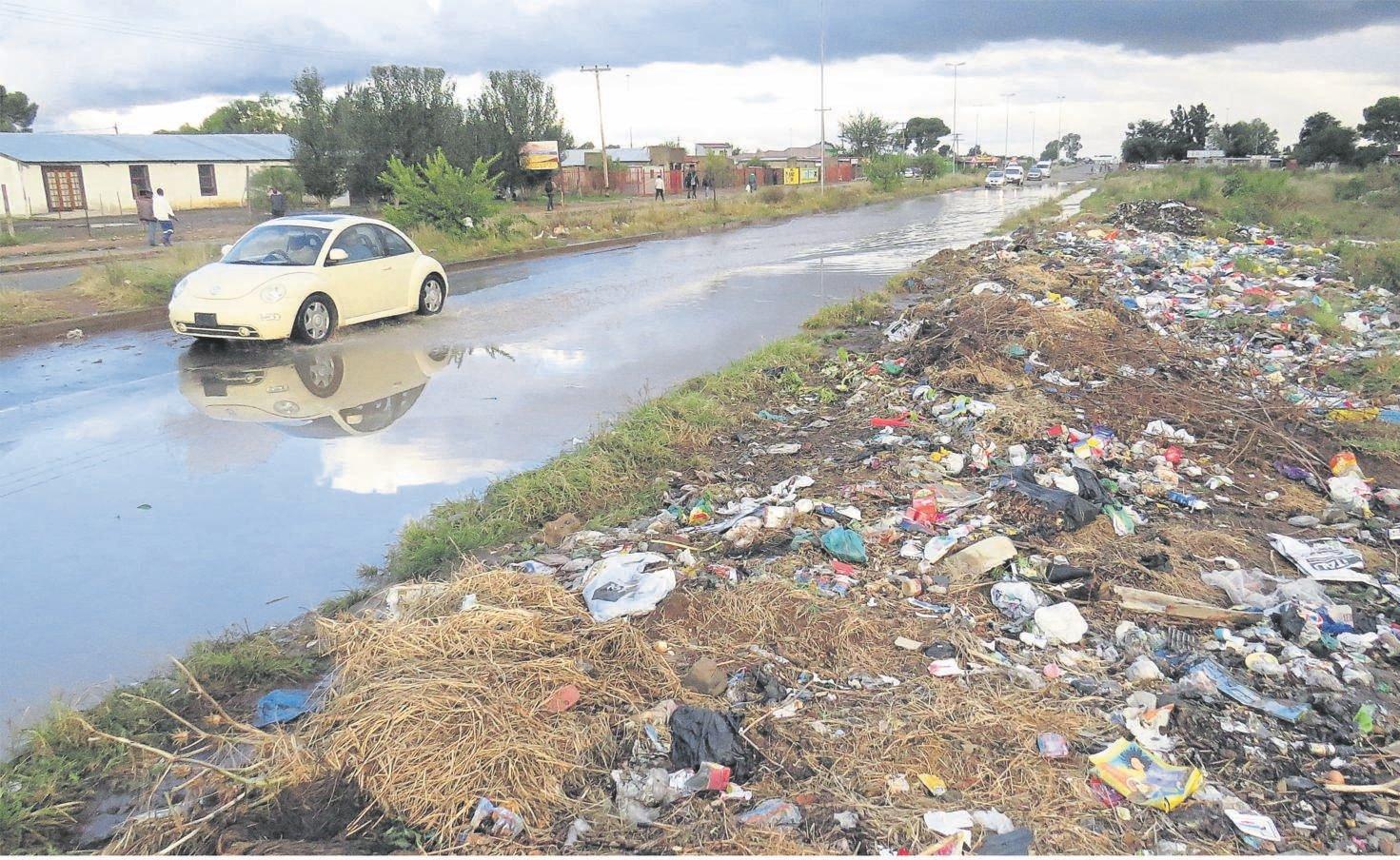Africa-Press – South-Africa. Millions spent cleaning municipalities because of littering could be used could be better channelled towards further uplifting our communities, writes Peter Teixeira.
As it’s heritage month, many will celebrate by donning their cultural attire to celebrate our nation’s rich culture and heritage.
However, our culture and heritage go beyond Heritage Day and month. It is displayed in our belief systems, demonstrated in our social behaviour, and often visible in how we dress.
It is a way of life passed down from generation to generation. While those that came before us left a rich tapestry of cultural norms and practices, what will our current generation pass down to the next generation?
To receive Opinions Weekly, sign up for the newsletter here.
What is our heritage? This is a question that should stretch beyond cultural groups, beyond the Zulus, Tswanas, Vendas and many other groups in our country. I am referring to our heritage as South Africans.
The dictionary definition of heritage is “property that is or may be inherited; an inheritance”. What heritage will we pass down to the next generation?
Careless with our environment
This is where the statesman in me comes out. As an elected office bearer, it confounds me that we are so careless with our environment and surroundings that we continue to vandalise and destroy the very little we have.
Here is one example, in Midvaal Local Municipality, we spend between R1.8 million to R3 million to stop littering and clear illegal dumping. The cost of collecting illegal waste not only covers equipment and vehicles but requires additional personnel and office space as well as transportation to the dumping site.
Littering and illegal dumping areas happen despite our Community Services section’s best efforts to collect refuse weekly in all areas. There have been various public engagements and education programmes conducted by municipal officials and public representatives to try and get our communities to take care of their surroundings.
This is not a problem that is unique to Midvaal Local Municipality. It was reported that the City of Johannesburg spends at least R60 million to clean up dumping areas.
The budget allocated towards cleaning many of these areas could be better channelled towards further uplifting our communities. If we didn’t have to spend money on clearing illegal dumping, we could divert the funds to recycling and maintenance of landfill sites, all of which could benefit our community.
Another sore spot for many municipalities is the continued vandalism and theft of our infrastructure. Midvaal spends over R5 million a year to replace vandalised transformers. We spend around R1.1 million to remove illegal connections.
Our sanitation department is forced to contend with the theft of sewer manhole covers that must be replaced frequently. We are forced to use a considerable part of our budget towards replacements instead of refurbishment or replacing old sewer infrastructure.
During the 2021 July unrest, it was reported that in Gauteng alone, the damage to infrastructure amounted to R3.5 billion. This figure is outside the sporadic service delivery protests, strike actions and criminal activity that has engulfed our country, often leaving a trail of destruction in its path.
Functioning infrastructure attracts investment
While it is the government’s mandate to build and maintain our vast public infrastructure system, it is our responsibility to care for and safeguard it.
The government’s mandate is to ensure that public infrastructure does not collapse and is regularly maintained to avoid injury to people, loss of lives, damage, and cost of repairs.
A well-functioning public infrastructure is one of the sure ways to attract investment and unlock the economic potential of an area. That will, in turn, unlock employment opportunities for our people, and in a country with a 33.9% unemployment rate, every job matters.
Infrastructure also enables trade as goods and resources can move swiftly without interruptions and delays. A well-functioning public infrastructure can protect communities from unpredictable natural environments and disasters.
When government upholds its end, ordinary citizens must also do their part to protect infrastructure, the environment, and their surroundings. Citizens must shy away from partaking in the vandalism and deliberate damage of our public facilities.
As we celebrate Heritage Day and month, let’s take care of our environment. Whether this is through the small act of not littering or protecting our infrastructure, the truth is that every effort counts.
The environment we live in is not only our homes. It is also interconnected with our well-being and livelihood. We must preserve it not only for us but for future generations.
– Peter Teixeira is the Midvaal mayor
For More News And Analysis About South-Africa Follow Africa-Press






